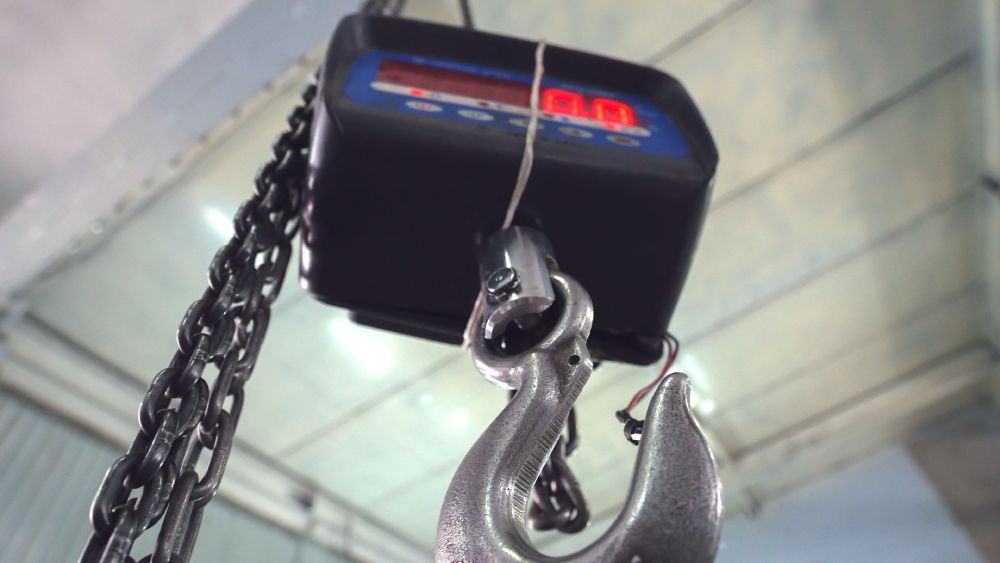A scale’s accuracy has significant implications in any business environment where the weight of products determines their price. Inaccurate measurements can lead to financial disputes, loss of customer trust, and even legal issues. Therefore, these scales must be legal-for-trade, meeting stringent standards to ensure fair trade.
The use of these scales is not merely a best practice but often a legal requirement. The law mandates that various industries must use certified scales to prevent fraud and ensure consumer protection. Learning what qualifies a scale as legal for trade is crucial, whether you are a business owner looking to upgrade your equipment or starting your first business.
Certification and Approval
The primary criterion for a scale to be legal-for-trade is certification from a regulatory authority. This responsibility typically falls to the National Type Evaluation Program (NTEP) in the United States, which operates under the National Conference on Weights and Measures (NCWM). The NTEP evaluates a range of scales to ensure they meet specific standards for accuracy, durability, and performance.
Design and Construction
A scale’s build quality and reliability are also vital for it to qualify as legal-for-trade. Therefore, the instrument must be robust enough to withstand regular usage and environmental factors without losing its accuracy. Tamper-proof designs and features that prevent unauthorized adjustments are mandatory. It must be easy for inspectors to seal the device, ensuring it remains unaltered between calibrations.
Accuracy and Precision
Meeting stringent accuracy standards involves adhering to defined tolerance for commercial transactions. Minimal discrepancies are ok if a scale’s main activity is weighing precious metals, whereas a larger tolerance might be acceptable for bulk commodities. Quality crane weight scales often have specific guidelines to ensure they provide precise measurements under varying conditions.
Traceability and Documentation
The provision of traceability and proper documentation is one of the most significant requirements for a scale to be legal-for-trade. These requirements include keeping detailed records of the scale’s calibration history, maintenance, and any repairs undertaken. The documentation must also feature certificates from recognized bodies proving proof of scale testing and meeting legal standards.
Regular Inspections and Recalibration
A scale’s initial certification is just the starting point in its journey as a legal-for-trade instrument. It must undergo regular inspections and recalibrations to maintain its status. Frequency can vary depending on the type of scale and the intensity of its use. These periodic checks are crucial to ensure that the instrument continues to meet the required standards throughout its operational life.
A scale qualifies as legal-for-trade only when it meets a strict set of criteria involving certification, accuracy, construction, documentation, and ongoing maintenance. These requirements ensure fair commercial transactions, protecting both parties involved.
Call us today to select the right scale for your business operations, our scales ensure that all measurements are accurate and legally compliant.
